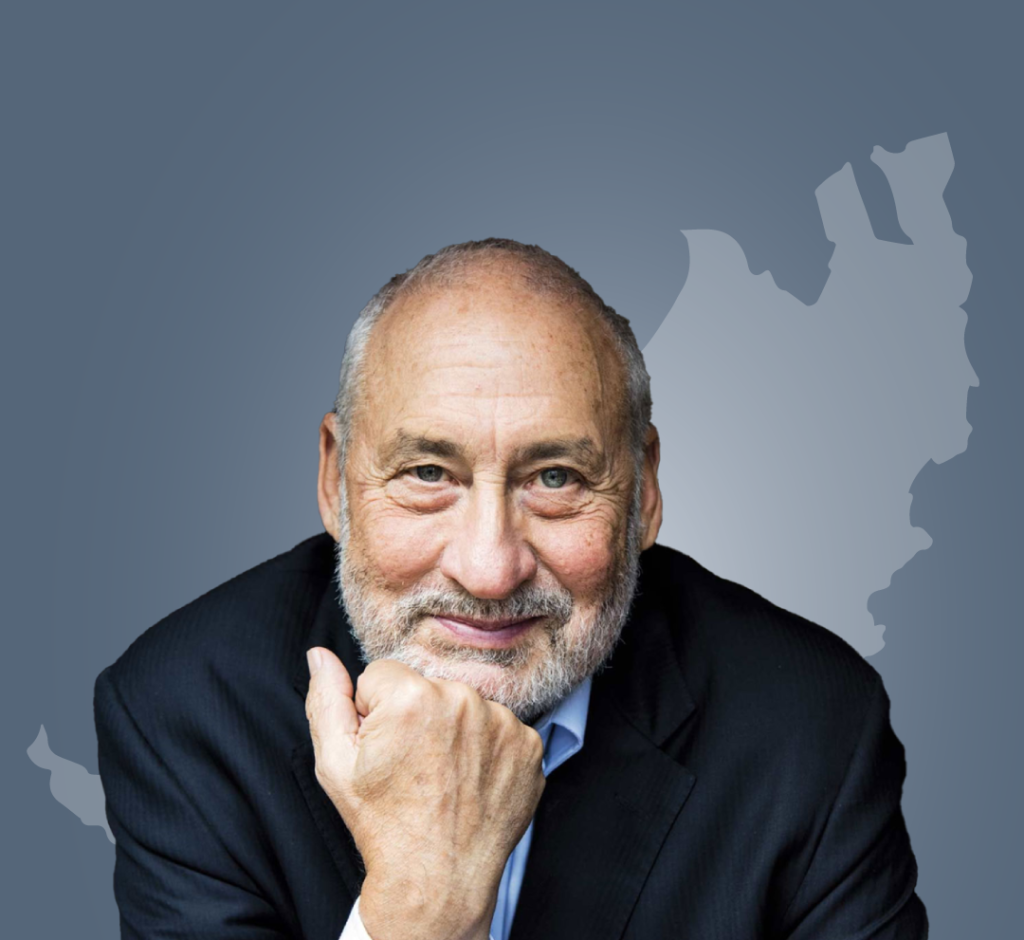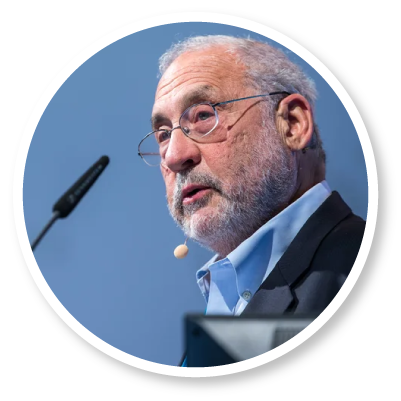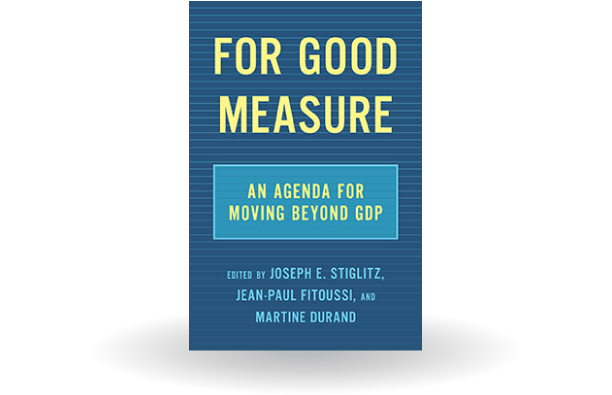Prof. Joseph Stiglitz
TIME Magazine 100 Most Influential;
Former World Bank Chief Economist

Prof. Joseph Stiglitz
TIME Magazine 100 Most Influential;
Former World Bank Chief Economist
BIOGRAPHY

Professor Joseph E. Stiglitz is a renowned American economist and a recipient of the Nobel Memorial Prize in Economic Sciences in 2001. Born on February 9, 1943, in Gary, Indiana, Stiglitz is widely recognized for his contributions to the theory of information asymmetry and his influential work in various fields of economics.
Stiglitz earned his Ph.D. from the Massachusetts Institute of Technology (MIT) and has held prestigious academic positions at institutions such as Yale, Stanford, and Princeton. He is currently a professor at Columbia University, where he co-chairs the university’s Committee on Global Thought.
In addition to his academic achievements, Stiglitz has served in significant public service roles, including as Chief Economist of the World Bank and Chairman of the Council of Economic Advisers during the Clinton administration. He is also a co-founder and former executive director of the Initiative for Policy Dialogue, a think tank focused on international development.
Stiglitz is a prolific author, having written numerous books and articles on topics ranging from globalization and economic inequality to development economics and public policy. His influential works include “Globalization and Its Discontents,” “The Price of Inequality,” and “People, Power, and Profits.”
Throughout his career, Professor Stiglitz has been a vocal advocate for progressive economic policies and has significantly impacted global economic discourse through his research, teaching, and public engagement.


-1.png)
.png)
.png)
.png)